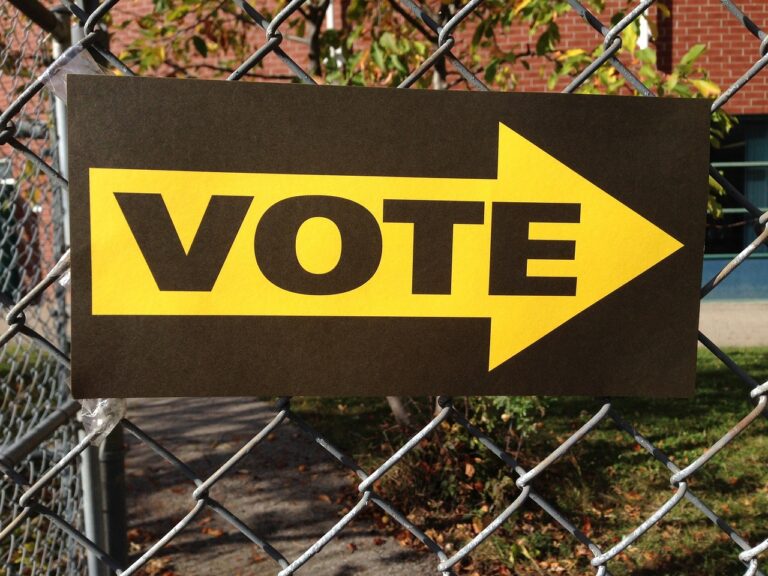Political Research and Its Role in Election Strategy
Data analysis plays a crucial role in modern political campaigns. By harnessing the power of data, candidates can gain valuable insights into various aspects of their campaign strategies. Through data analysis, campaigns can identify trends, patterns, and preferences of voters, allowing them to tailor their messages effectively. This data-driven approach enables political parties to make informed decisions, allocate resources efficiently, and reach out to their target audience in a more precise manner.
Moreover, data analysis helps in assessing the effectiveness of different campaign tactics and messaging strategies. By analyzing data on voter engagement, sentiment analysis, and voter demographics, political campaigns can adjust their approaches in real-time to maximize their impact. The ability to measure the success of different campaign initiatives through data analysis allows political candidates to optimize their outreach efforts and enhance their overall campaign performance.
Understanding Voter Behavior Patterns
Data analysis plays a crucial role in deciphering voter behavior patterns during political campaigns. By examining past voting trends, preferences, and demographic information, campaign strategists can gain valuable insights into what influences voter decisions. This information enables them to tailor their messaging and outreach efforts to resonate with specific groups of voters.
Understanding the reasons behind voter behavior is essential for designing effective campaign strategies. By analyzing factors such as socio-economic status, educational background, and geographical location, political campaigns can better target their messaging to appeal to different voter segments. This approach allows for more personalized and relevant communication with voters, increasing the likelihood of garnering support and ultimately winning elections.
Utilizing Demographic Information for Targeted Messaging
Analyzing demographic information is crucial for political campaigns to tailor their messaging effectively. By understanding the characteristics of different voter groups such as age, gender, income level, and education, campaign strategists can create targeted messages that resonate with specific demographics. This personalized approach allows political campaigns to connect with voters on a deeper level and increase the likelihood of engaging them positively.
Moreover, demographic data can help campaigns identify key issues that are important to different segments of the population. By utilizing this information, political candidates can craft messages that address the unique needs and concerns of various demographic groups. This targeted messaging strategy not only enhances the relevance of a campaign’s communication but also aids in building credibility and trust among voters who feel that their voices and priorities are being acknowledged and understood.
Why is data analysis important in political campaigns?
Data analysis helps political campaigns understand their target audience better, allowing them to create more effective messaging strategies and reach potential voters more efficiently.
How can understanding voter behavior patterns benefit a political campaign?
By understanding voter behavior patterns, political campaigns can tailor their messages to resonate with specific groups of voters, increasing the likelihood of gaining their support.
How can demographic information be used for targeted messaging in political campaigns?
Demographic information such as age, gender, location, and income can help political campaigns customize their messaging to appeal to specific groups of voters, making their campaigns more effective.







